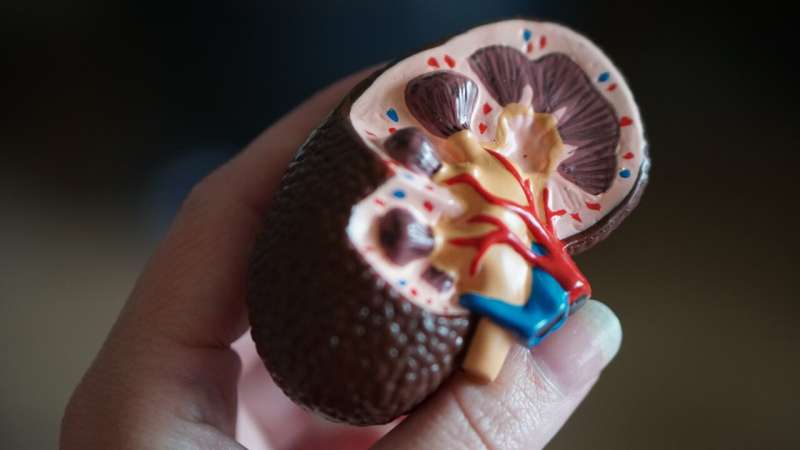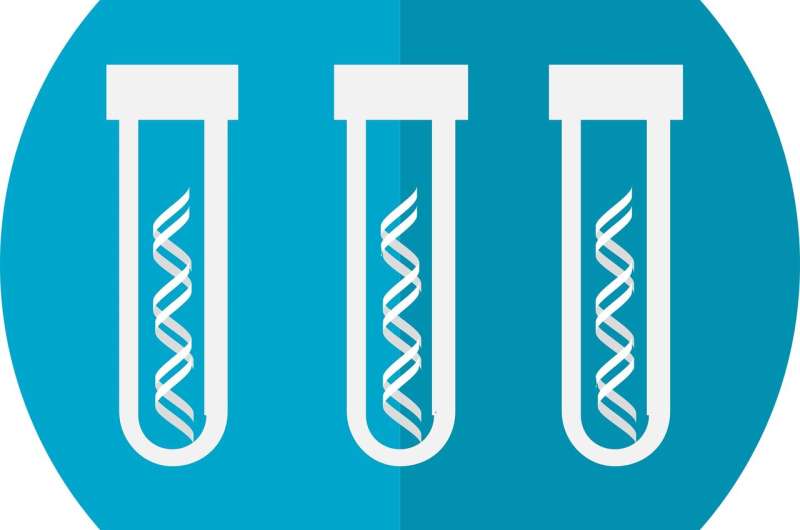Challenges Emerge as Federal and State Efforts Push for Enhanced Health Data Sharing

As federal and state initiatives aim to improve health data sharing, significant operational and privacy challenges continue to hinder seamless access to patient records, impacting care quality and costs.
In Los Angeles County, the Northeast Valley Health Corporation exemplifies the potential benefits of electronic health data sharing. By connecting its records system to a broader data network, the clinic gains access to real-time hospital admission and discharge alerts for patients with conditions like diabetes and asthma. This connectivity allows care teams to address issues proactively, reducing unnecessary emergency room visits and improving patient outcomes.
However, despite these successes, Christine Park, the community health center's chief medical officer, highlights persistent challenges. Data sharing remains far from seamless because many hospitals outside the network still rely on outdated methods like faxing records. This disconnect creates frustrating barriers, often described as "bumping up against a glass door," limiting coordinated care.
For years, substantial investments—billions of taxpayer dollars—and policy efforts have aimed to break down data silos. Nevertheless, Americans' medical records often remain isolated, leading to duplicate testing, higher costs, and wasted time for both patients and providers. Recent federal and state initiatives seek to advance data sharing, but they face significant obstacles.
Part of the problem lies in financial and operational hurdles. Many healthcare providers lack the incentives to invest in integration, especially as some face reduced Medicaid reimbursements following recent tax law changes. Additionally, privacy concerns and misuse of patient data—particularly related to immigration enforcement—heighten resistance in certain states.
In July 2025, the Trump administration launched a voluntary, tech-driven initiative to modernize health data sharing and improve patient access. Over 60 technology and healthcare companies pledged to adopt common standards, aiming to simplify data exchange and allow patients easier access through apps and networks. While some industry leaders welcomed this focus on patient rights, skepticism remains about whether participation will be widespread and effective, given the voluntary nature.
Historical efforts to improve data sharing—such as the 2009 HITECH Act—successfully spurred electronic health record adoption and state-level data exchanges. More recent administrations have pushed for greater interoperability, requiring prompt data sharing and establishing national infrastructure. Yet, resource-limited hospitals and behavioral health providers often remain excluded, complicating comprehensive data integration.
Healthcare providers, especially those serving underserved populations, still experience difficulties accessing and consolidating patient records across different systems. States have responded with incentives like Medicaid bonuses and mandatory regional networks. For example, Arizona and Colorado offer financial rewards to encourage provider participation, while New York mandates participation among certain providers with perpetual state funding.
Legislators in some states are proposing laws to reinforce data sharing and improve privacy protections. In California, a bill aims to enhance enforcement of sharing mandates and restrict sensitive data like gender-affirming care and immigration status from public exchange. Healthcare associations express concern about increased costs but acknowledge the importance of infrastructure investment.
Ultimately, industry experts agree that the goal is clear: health data should be accessible, timely, and in the right place to support effective care. However, aligning the complex IT systems, policies, incentives, and privacy safeguards needed to achieve this remains a significant challenge.
Source: https://medicalxpress.com/news/2025-09-trump-administration-states-health-familiar.html
Stay Updated with Mia's Feed
Get the latest health & wellness insights delivered straight to your inbox.
Related Articles
The Rise of the Longevity Industry and Its Hidden Costs
Exploring the rise of the longevity industry and its promising claims about life extension, this article examines the scientific, ethical, and financial risks involved in pursuits of immortality.
New Insights into Gut Hormone's Role in Chronic Diarrhea Could Lead to Innovative Diagnostics and Therapies
New research uncovers a gut hormone's role in chronic diarrhea, highlighting potential for new diagnostics and targeted therapies for conditions like bile acid diarrhea and IBS-D.
The Need for Standardized Guidelines in Dialysis Initiation During Pregnancy
A recent study calls for standardized guidelines for initiating dialysis during pregnancy to improve maternal and fetal outcomes in women with advanced CKD.
Understanding the Rise of DNA Testing by Australian Health Insurers
Australian health insurers are now providing DNA tests to predict individual responses to medications, raising important questions about data security, ethical use, and future health screening. Learn what you need to know about this emerging trend.



